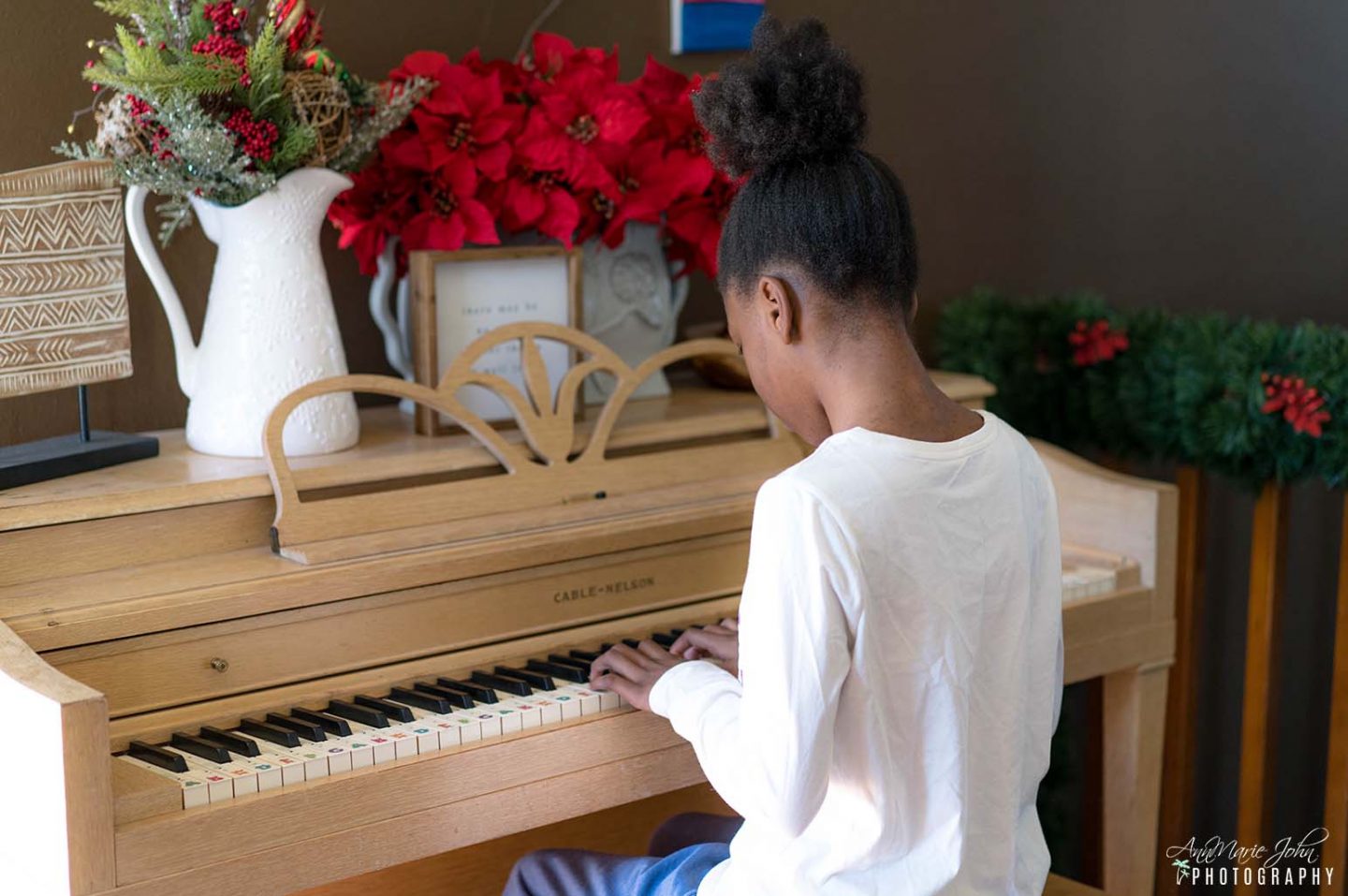It takes a lot of self-discipline to learn a new skill, especially one as intricate as playing an instrument. Therefore, it can be difficult for parents to motivate their children that have the talent even if the child loves their instrument. At the end of the day, all of us, at any age, can become discouraged at the thought of putting in the work. Improving your music skills is labor; it requires effort to get better. And as rewarding as the end results are, it’s hard not to let procrastination get the better of you, especially a young child. However, there are ways you can motivate your kids to practice more. Read on to find out.

Give Them Input
When you begin telling your child what they have to do to improve their musical talent, you can quickly turn what was a very enjoyable hobby into a chore. To avoid this, let your child enjoy some of the responsibility of planning their music schedule so that they can tailor the class a little. If they get to determine what songs they will practice playing or which days they will include music theory, it will get them excited which, in turn, will make them more apt to put in the work.
Change Your Child’s Mindset
Try to avoid turning their music lesson into another academic class. They are provided with plenty of obligations with their school work so the last thing you want to do is turn this activity into an additional class. Music is creative and expressive, so you want your child to feel its therapeutic benefits. Keep the tone upbeat when discussing their music skills and make sure that they are having fun. When getting kids to practice music, it is a good idea to find a tutor that can offer better insight and give your kids a head start. Just make sure you find one that views the lesson in the same positive way.
Teach Your Child To Appreciate Music
No matter how old we are, we all learn appreciation the same way. Show your child what a privilege it is to learn music and that there are many people out there with similar gifts without the same opportunities. Take the time to show them videos or music excerpts of their idols, so that they have a goal in mind, and will appreciate their gift even more. We appreciate what we earn; when your child works to improve a skill and succeeds, they will feel a sense of accomplishment.
Be Flexible
Understand that no matter how much your child loves music, there will be days where they need a break. Be flexible with their schedule. Of course, this doesn’t mean allowing them to make a habit of slacking off; however, don’t forget that your child needs their weekends, and sometimes just needs a day to do something solely for entertainment purposes. If they’re learning at home, it’s okay to give them free rein occasionally; they may not be mentally capable of doing lots of reading that day and may prefer to start their lesson with a little freestyle with their instrument.
Encourage Them to Perform
A great way to solidify the gift of music in your child is to have them perform. When you encourage them to practice, they will quickly experience the thrill of live music. It doesn’t matter whether this is on a stage or just at home in the living room for the family. Knowing people are interested in their talent will inspire them to hold onto it.
Offer Endless Support and Celebrate Accomplishments
Never use their music or their instrument as a reward or punishment. Music is about self-expression, and you don’t want your child to believe that your attention is conditional. Their personal adoration for music will remain if you offer constant support. Celebrate all their accomplishments and let them know it’s normal to have down days or setbacks. Always show them that you are there to help them get back on track.
You don’t want to turn music into an obligation; however, as a parent, you are making an investment here. It is important to know how to encourage them without putting them off the labor. When helping your child set goals, you want to make this a little challenging because, this way, achieving the goal is a reward in itself. Having a goal is the best motivation rather than telling your kid to simply go and practice or offering bribes. Give them a challenge for the day for them to work on. This can be bite-sized challenges such as learning to change from one chord to another on their guitar, or playing a song on the piano at half-speed.
